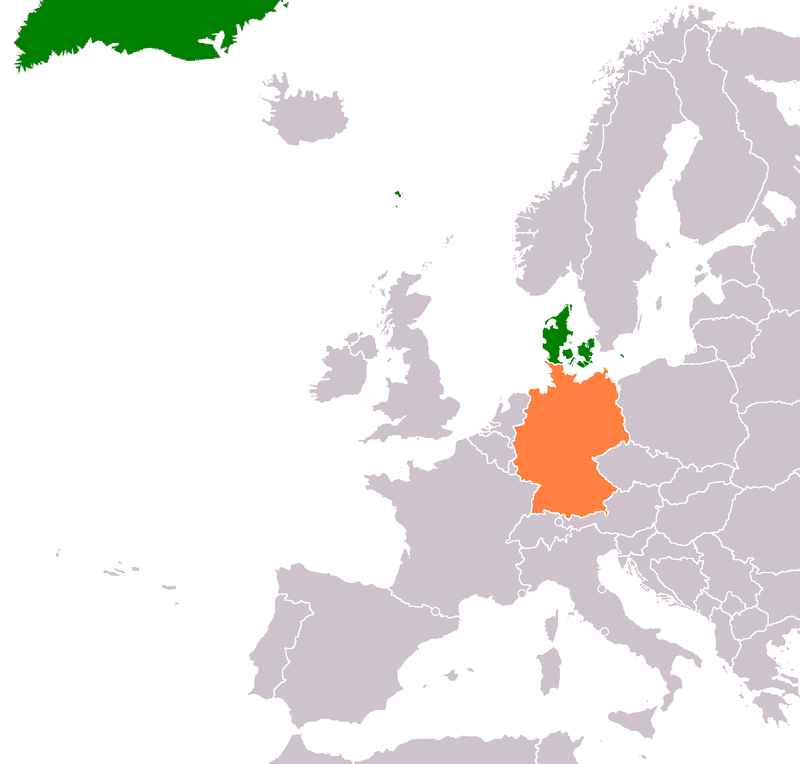Following Denmark and Switzerland’s lead, Germany’s southern states are confiscating cash and valuables from refugees in an effort to finance their stay.
Same substance
The Bavarian interior minister, Joachim Herrmann, told German newspaper Bild that his state is simply following Switzerland’s example.
He confirmed the authorities would be taking assets worth over €750 (6,000 kroner) to cover their expected expenses.
Tougher Regime
The authorities in Baden-Württemberg have much stricter laws, where any valuables above €350 (2,610 kroner) are being confiscated.
The average amount confiscated so far has been “four figures”, Bild reported.
The measure has been defended by Germany’s integration commissioner, Aydan Özoguz, who said that asylum-seekers did not have it any better that other Germans on unemployment benefits.
“Asylum-seekers must use up their income and wealth before they can receive aid – and that includes family jewellery,” she said.
“We don’t want a situation in which an asylum-seeker will be better off than someone on unemployment benefit.”
Very little opposition
Unlike in Denmark, which was hit by a wave of criticism both at home and abroad, Germany has seen relatively little opposition to the move.
Only Germany’s Left Party (Die Linke) reportedly criticised the move, with MP Ulla Jelpke telling German media that refugees were only exercising their basic human rights under the German constitution in applying for asylum.
“We don’t want a situation in which they end up owing money,” she argued, according to Bild.















